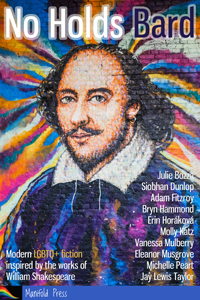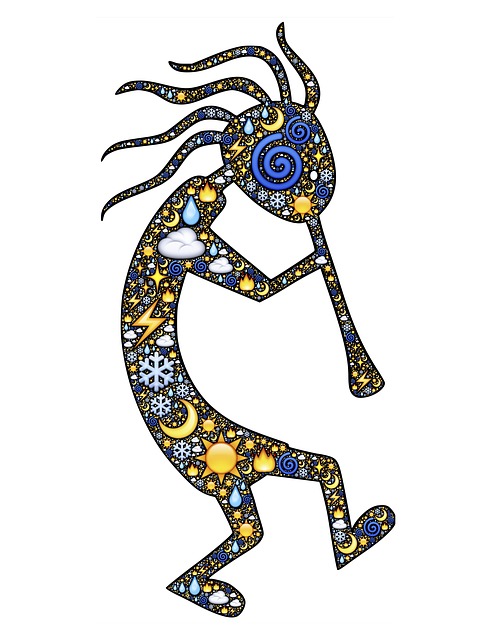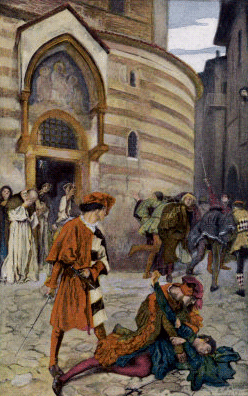 Modern LGBTQ+ fiction inspired by the works of William Shakespeare
Modern LGBTQ+ fiction inspired by the works of William Shakespeare
Blurb: Ten authors, twelve extraordinary stories. From a novel solution to the Plantagenet succession crisis to revelations about the private lives of Prince Hal and – separately! – Brutus and Cassius, plus a surprise ending for Twelfth Night, no play is safe. We have marriage proposals and murder; subtle scheming villainy; a missing manuscript; a haunting… Whether set within the framework of a play, or spotlighting actors, characters, or the Bard himself, these stories will have you viewing Shakespeare in a whole new light. It’s definitely not the kind of thing they taught us in school…
Take a deep breath. Dive in. Prepare to be astonished!
An anthology edited by Fiona Pickles and featuring authors Julie Bozza, Siobhan Dunlop, Adam Fitzroy, Bryn Hammond, Erin Horáková, Molly Katz, Vanessa Mulberry, Eleanor Musgrove, Michelle Peart, and Jay Lewis Taylor.
Genre: LGBTQ+ fiction; historical; contemporary; William Shakespeare; anthology
Click here for the blurbs.
Word count: 67,000
Available in ebook and paperback formats from:
- Amazon US, Amazon UK, Amazon AU, Amazon DE, and all other Amazon marketplaces
- Smashwords and their distributors
- Barnes & Noble
- Kobo
- Apple Books US
- The Ripped Bodice
- and Bookshop!
Reader sites:
Published on 1 May 2018.


